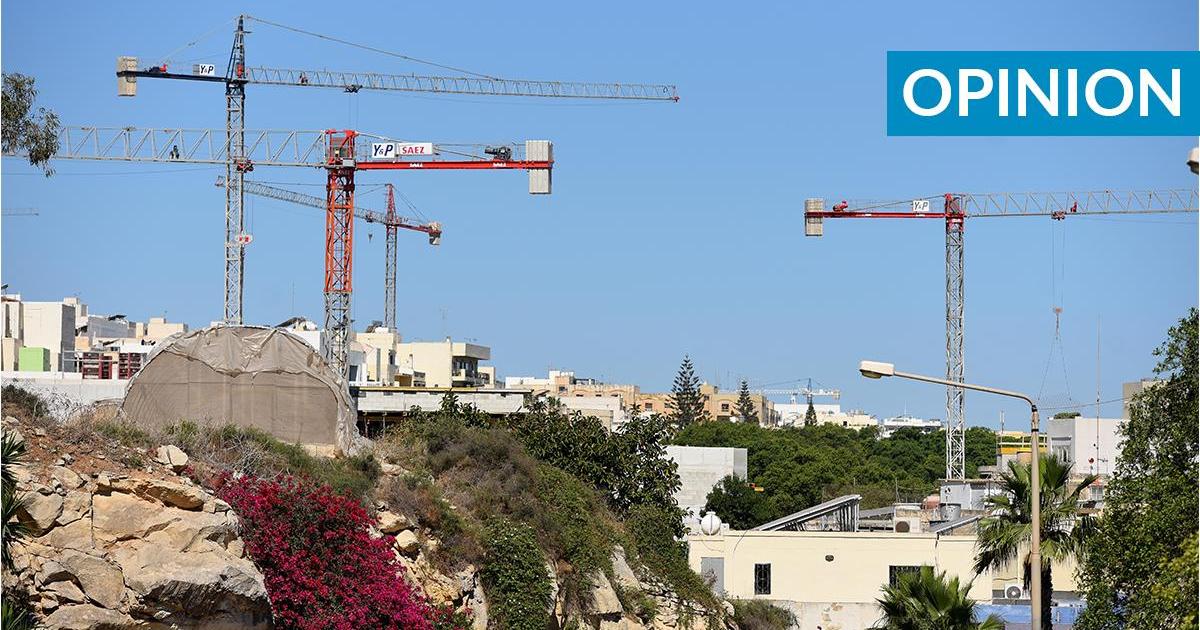In business, there exists this strange situation where your economic activity increases but your profit decreases. This tends to happen mostly when one gives in to a sudden increase in demand or an increase in opportunities without carrying out the necessary costings, or without adequately testing the market.
For example, a restaurant that seats 40 people can operate successfully with one chef, one kitchen assistant and two waiters. A queue of people line up to enter the restaurant. To accommodate some of those who are queuing up, the restaurant owner adds another two tables and increases capacity by eight people. However, to serve these eight covers, he needs to add an assistant in the kitchen and another waiter.
Undoubtedly, daily sales will increase since the restaurant can now accommodate eight more covers. However, this increase in sales may not necessarily result in an increase in profits, since the increase in wages may be higher than the gross profit generated by the additional sales.
It is evident that efficiency was negatively affected too, since whereas two waiters could handle 40 people (20 each), now three waiters are handling 48 people (16 each). And whereas one kitchen helper coped with 40 covers, now two kitchen helpers are required to cope with 48 covers – one for every 24 covers.
Hence, it did not pay the restaurateur to increase the capacity of the restaurant.
An importer of tinned tuna normally imports one container every quarter. His supplier offers him a specially reduced price if he purchases two containers rather than one. The importer accepts the offer only to find that the market was oversupplied with other brands of tuna and, due to the product’s expiry date, the selling price had to be drastically reduced, with the consequence that the importer incurred a loss.
These are two simple examples of overtrading.
Malta is currently experiencing an ‘over’ in everything, including over-tourism, overdevelopment and over-population, among others.
All of these ‘overs’ bring about tremendous stress on the country’s infrastructure, some of which have already failed miserably, and others are ailing in agony and on the verge of collapsing.
Just look at the state of hospitals, traffic, power, schooling and drainage.
Sliema is the most densely populated locality, yet, massive developments are being constructed- Noel Muscat
Tower cranes adorn the skies; there is dust and noise pollution all over the country; the sewage system is bursting at its seams; roads are blocked with concrete mixers, lifters and all sorts of construction equipment.
All of these ‘overs’ produce a tremendous increase in consumption, from which several businesses and individuals thrive. The taxman gleefully watches as revenues from direct taxation keep increasing.
But, as we say, “not all that glitters is gold”, and, likewise, all these ‘overs’ leave their negative impact too.
Malta is spending a tremendous amount to cope with the sudden increase in demand for power and schooling and will have to spend even more to build a new state hospital, a new transport network and other facilities required to cope with the increase in population and tourism.
Is Malta overtrading? Will the increase in activity give an adequate return on the capital costs that have to be incurred to cope with the increase in demand? Will Malta be able to sustain the expected increase in activity?
Sliema is the most densely populated locality in Malta and, yet, massive developments are being constructed and others are on the drawing board. Its neighbouring localities are also densely populated, with a great deal of construction taking place too – in St Julian’s, Gżira, Msida, San Ġwann and Swieqi.
This is madness. Are our planners in control? Will this lead to a better and healthier quality of life and an enhanced living experience?
I am not convinced and I believe that Malta is overtrading.

Noel Muscat is the mayor of Swieqi.
